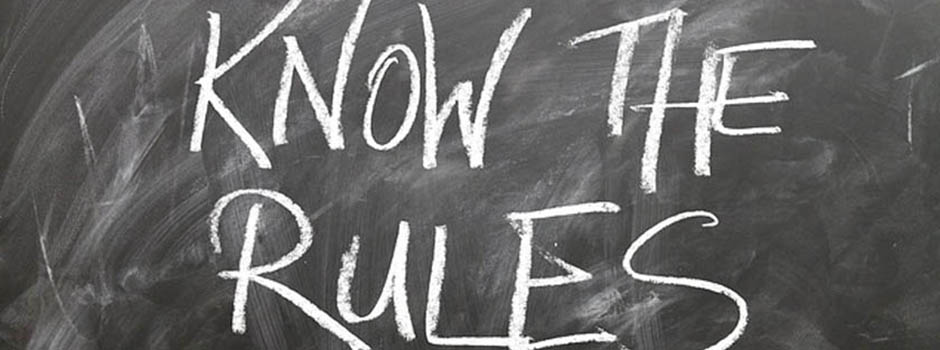Exciting, fast paced, challenging, rewarding. Just a few of the adjectives associated with the world of foreign currency trading, now available to everyday traders like you.
But what’s the catch? The pitfalls are deep. Losing your entire balance overnight, losing more than you deposited and being forced to pay. These are some of the nightmare scenarios that have plagued traders who were naive and didn’t prepare themselves for the potential dangers of forex trading.
With that in mind, we wanted to write up our 3 Golden Rules of Forex Trading to help steer new traders in the right direction and best prepare you for the journey ahead.
By no means is this the holy grail. It’s simply what we feel in our opinion are the must haves for any trader to ensure a solid foundation.
Golden Rule #1 – Trade with a regulated broker who offer negative balance protection on your account
When you trade with a regulated broker, you are dealing with a company who at the very least are monitored by either a government body or an independent organisation (depending on the country) and must adhere to a code of conduct. Note that this alone doesn’t provide you with any legal guarantees about the safety of your funds, as any member of any association can still do the wrong thing. It’s just that if they do, it might be easier for you to have your case heard.
There are regulatory bodies in many countries and our advice here is that you opt for a broker who is regulated in a first world country. For example, the UK Financial Conduct Authority (FCA) or the Australian Securities and Investments Commission (ASIC). It is more likely that those bodies will take stronger action, maintain a higher code of ethics and generally be interested in protecting customers. I would consider regulatory bodies like CySEC (Cyprus Securities and Exchange Commission) on the 2nd tier of regulators.
Negative Balance Protection is in my opinion an absolute must. It means that in the unlikely event that your trades swing wildly against you and your stop losses don’t trigger, you don’t end up with a freefalling negative account for which some legit forex brokers would demand payment. Although these scenarios are extremely rare, you don’t want the stress and panic of being caught up in one where you aren’t protected.
Golden Rule #2 – Trade with stop loss and take profit levels
A stop loss is a price point which you set where the trading platform will automatically close the trade if it hits the nominated price. It’s important because a winning trade can quickly turn into a losing one and if you haven’t set a “get out” price, then you could wake up with a big hole in your balance. Similarly, a take profit level is the same but in a winning trade. This is also important because trading generally has peaks and troughs. You might leave a trade overnight which spikes to a really good profit level but by the time you wake up, it’s come back down to the same price from before you slept. If you had a take profit price, your trade would have closed and you would have had a profit.
Both are fundamental skills which are used by traders in various ways. The easiest example is when setting your risk to reward ratio. For example, you might set a stop loss on a trade to be 30 pips, but the take profit at 120 pips which is the same as saying I am willing to risk 30 pips but want to win 120 pips which is a ratio of 1:4. In this example, you would need to be correct on your trades 20% of the time to break even (1 winning trade +120 pips / 4 losing trader -120 pips). Anything better than this and you are in profit.
Golden Rule #3 – Trade with discipline, without greed
Us humans are greedy by nature. We are also emotional and the reason why the majority of traders fail is because we simply are just human and don’t have the right trading psychology. Having said that, does an automated trading system make better trading decisions? Not always because they aren’t able to process news and events that may affect the market. So really, a combination of both is probably the best method. You can use automated scripts to help you identify patterns and you can have manual input in assessing the market from a news point of view to confirm your analysis.
Discipline also refers to money management. Can you ever be 100% sure on a trade? Of course not. So there’s no reason to steer away from your set strategy just because you have a “gut feeling” and double up or open a bigger trade than you usually would.

